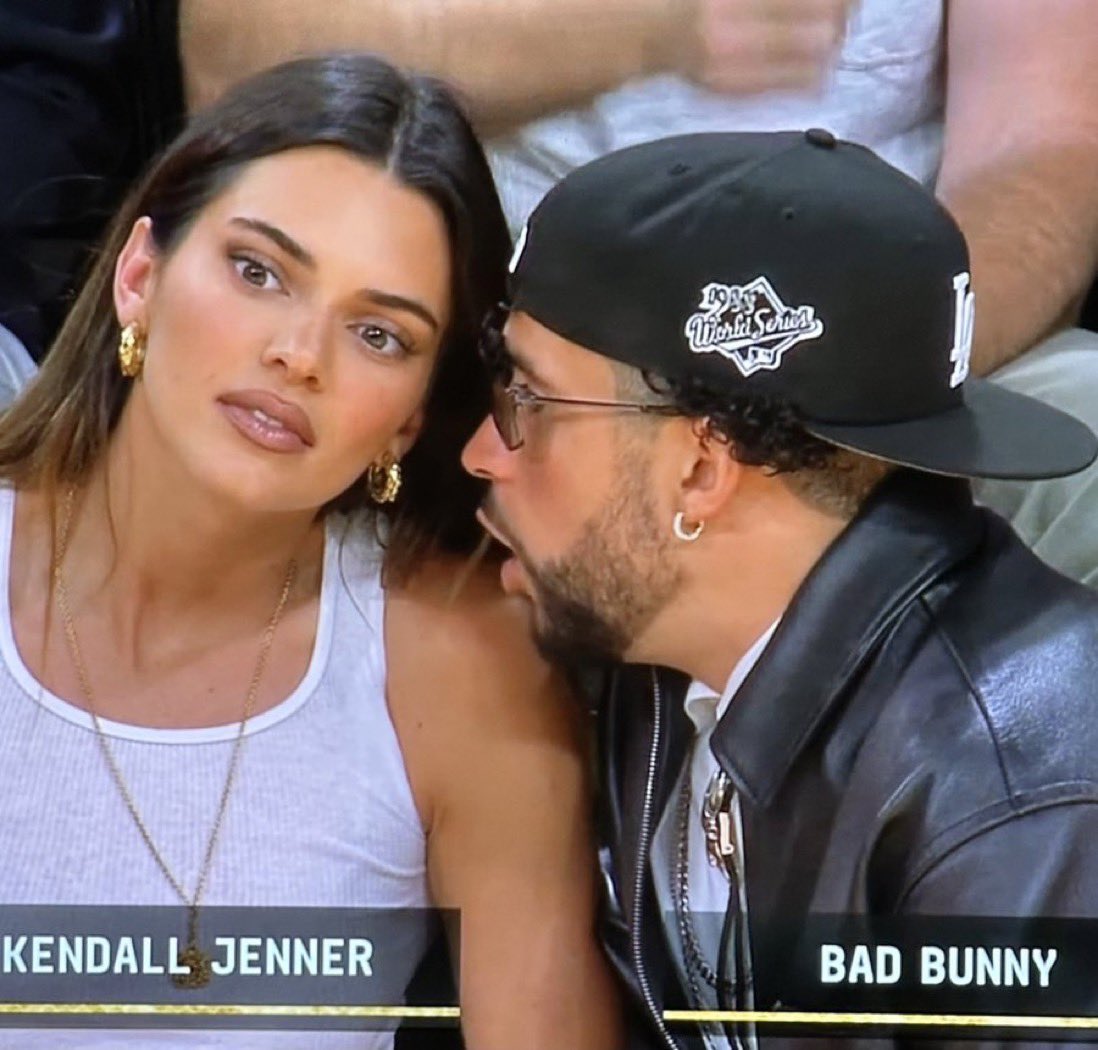
noun | a reference source containing words alphabetically arranged along with information about their forms, pronunciations, functions, and etymologies
7 subscribers
How to get URL link on X (Twitter) App





 FWIW the reason we define irregardless is very simple: it meets our criteria for inclusion. This word has been used by a large number of people (millions) for a long time (over two hundred years) with a specific and identifiable meaning ("regardless").
FWIW the reason we define irregardless is very simple: it meets our criteria for inclusion. This word has been used by a large number of people (millions) for a long time (over two hundred years) with a specific and identifiable meaning ("regardless").